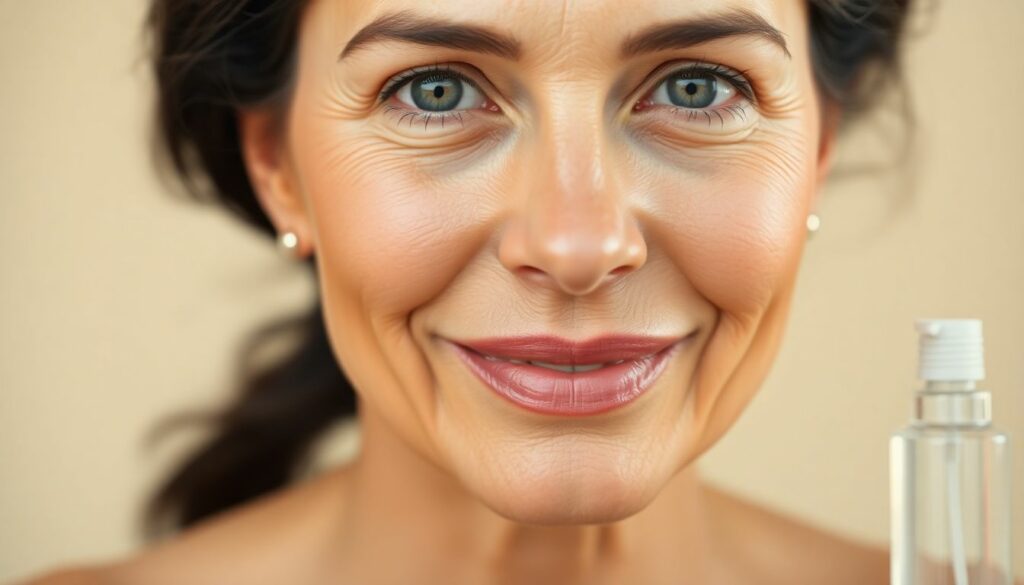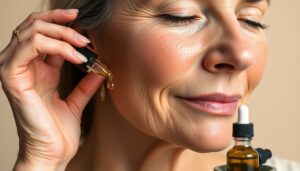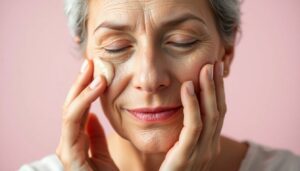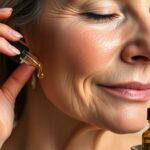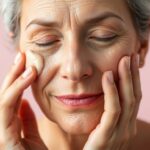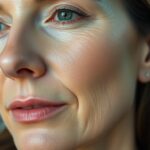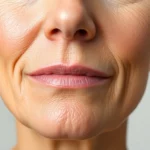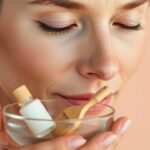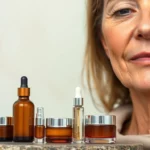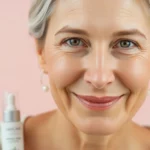Have you ever felt lost when it comes to choosing the right facial cleanser for your aging skin? As we age, our skin undergoes changes—wrinkles form, skin dries out, and it loses its youthful bounce. The right facial cleanser can make a significant difference, keeping your skin vibrant and glowing. In this guide, you’ll learn how to select the best cleanser for mature skin, including key ingredients, types of cleansers, and proper cleansing routines.
Why Does Aging Skin Need Special Cleansing?
Aging skin is different from younger skin. It requires more care and gentle products. Using the wrong cleanser can damage it. Here’s why aging skin has unique needs:
How Skin Changes as We Age
Collagen and elastin, which keep skin firm, decrease with age. After age 20, collagen levels drop by about 1% each year. Skin cell renewal slows, leading to dullness. Additionally, mature skin becomes less effective at retaining moisture, resulting in dryness.
Common Skin Issues with Mature Skin
Wrinkles and fine lines are common in mature skin. Sun exposure can cause age spots, and dryness is a frequent issue. Sensitivity to products also increases with age.
What to Look for in Cleansers for Aging Skin
Some ingredients are too harsh for aging skin. Avoid cleansers with strong sulfates, alcohol, or synthetic fragrances, as these can irritate or dry out the skin. Look for gentle, hydrating, and nourishing ingredients instead.
Key Ingredients to Seek in a Cleanser for Aging Skin
Choose cleansers with hydrating, antioxidant-rich, and mild exfoliating ingredients to benefit aging skin.
Hydrating Ingredients
Ingredients like hyaluronic acid, glycerin, and ceramides help draw moisture into the skin, rebuild the skin barrier, and combat dryness, keeping skin soft and supple.
Antioxidant-Rich Ingredients
Vitamin C and green tea extract protect the skin from free radicals and environmental damage. They also soothe inflammation and combat sun and pollution-related damage.
Mild Exfoliating Ingredients
Alpha hydroxy acids (AHAs) like glycolic and lactic acid gently exfoliate dead skin cells. Polyhydroxy acids (PHAs) are a gentler alternative. Use these ingredients in moderation to brighten and smooth skin texture.
Choose Your Facial Cleanser: A Guide Based on Your Skin Type
Different types of cleansers suit different skin types. Here’s a guide to help you choose the best cleanser for aging skin:
Cream Cleansers
Cream cleansers are highly moisturizing and ideal for dry, aging skin. They cleanse gently without stripping natural oils.
Oil Cleansers
Oil cleansers effectively remove dirt and makeup without drying out the skin. They are gentle and nourishing.
Micellar Water
Micellar water is a mild option that uses tiny micelles to dissolve impurities. It’s perfect for sensitive skin.
How to Cleanse Aging Skin the Right Way
Follow these steps for a gentle yet thorough cleansing routine for mature skin:
Step 1: Pre-Cleanse (Optional)
Remove makeup with a gentle makeup remover before cleansing to avoid over-cleansing.
Step 2: Apply Cleanser Gently
Massage the cleanser into your skin using your fingertips in circular motions. Avoid scrubbing too hard.
Step 3: Rinse Well with Lukewarm Water
Rinse with lukewarm water to avoid drying out your skin. Ensure all traces of the cleanser are removed.
Step 4: Gently Pat Dry and Follow with Moisturizer
Pat your skin dry with a soft towel—don’t rub. Apply moisturizer immediately to lock in hydration.
Lifestyle Tips for Aging Skin Gracefully
In addition to using the right cleanser, adopting healthy lifestyle habits can improve your skin’s appearance:
Sun Protection
Wear sunscreen daily with an SPF of 30 or higher to protect against sun damage.
Hydration and Diet
Drink plenty of water and eat foods rich in vitamins and antioxidants to nourish your skin from within.
Sleep and Stress Management
Get enough sleep and manage stress levels, as lack of sleep and high stress can negatively impact your skin.
Conclusion
Choosing the right facial cleanser is essential for aging skin. Look for hydrating, antioxidant-rich ingredients and avoid harsh chemicals. Follow a gentle cleansing routine and prioritize overall skin health. If you’re unsure, consult a dermatologist for personalized advice.
